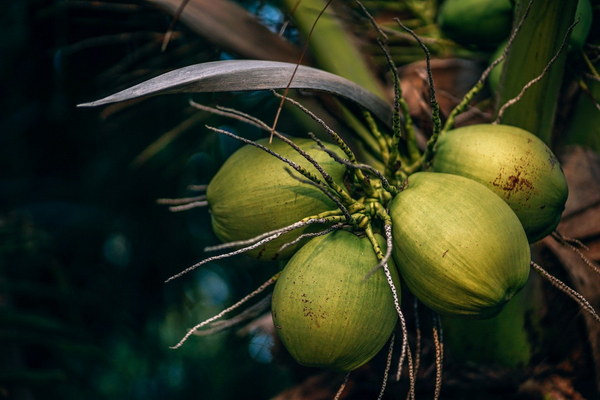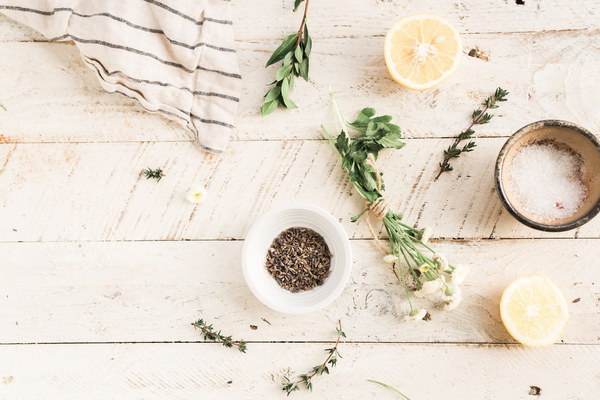Effective Herbal Remedies for Eliminating Dampness Traditional Chinese Medicine Prescriptions
In traditional Chinese medicine (TCM), dampness is considered an internal imbalance that can lead to a variety of health issues. The concept of dampness is similar to the Western understanding of inflammation and is often associated with symptoms like fatigue, water retention, and digestive problems. To address this, TCM practitioners use a variety of herbal remedies to restore balance. Here, we delve into some of the most effective herbal remedies for eliminating dampness according to traditional Chinese medicine.
1. Atractylodes Macrocephala (Cang Zhu)
Atractylodes Macrocephala is a commonly used herb in TCM for dampness-related disorders. It has a drying effect and is often combined with other herbs to treat conditions such as edema, diarrhea, and fatigue. Atractylodes can be found in many formulas designed to eliminate dampness.
2. Poria (Fu Ling)
Poria is another essential herb in TCM for dampness. It is known for its ability to absorb excess moisture in the body and is often used in conjunction with other herbs to relieve symptoms such as edema, coughs, and abdominal discomfort. Poria is also believed to aid in digestion and support kidney function.
3. Coptis Chinensis (Huang Lian)
Coptis Chinensis, or Huang Lian, is a powerful herb with antibacterial and anti-inflammatory properties. It is often used to treat damp-heat conditions, which can manifest as skin issues, urinary tract infections, and gastrointestinal disorders. Huang Lian works by clearing heat and dampness from the body.
4. Phellodendron Amurense (Huang Bai)
Phellodendron Amurense is a cooling herb that is used to treat damp-heat conditions. It has diuretic and detoxifying properties and is often included in formulas for urinary tract infections, kidney inflammation, and dampness-related joint pain.
5. Alisma Orientalis (Ze Xie)

Alisma Orientalis is an herb that is commonly used to treat dampness-related respiratory issues, such as coughs and asthma. It has expectorant properties and can help to drain dampness from the lungs. Ze Xie is also known for its ability to support heart health and reduce swelling.
6. Cinnamon (Rou Gui)
Cinnamon, or Rou Gui, is a warming herb that is often used in combination with other herbs to address dampness. It is believed to boost the immune system, improve circulation, and provide warmth to the body, thereby helping to expel dampness.
7. Angelica Sinensis (Dang Gui)
Angelica Sinensis, or Dang Gui, is a blood-moving herb that can be used to treat dampness-related blood disorders, such as anemia and menstrual irregularities. It is often combined with other herbs to promote the flow of blood and eliminate dampness.
When using these herbal remedies, it is important to consult with a qualified TCM practitioner who can provide an accurate diagnosis and create a personalized treatment plan. The herbs listed above are just a few examples of the many natural remedies that can be used to eliminate dampness according to TCM principles.
It's worth noting that while these herbs can be effective, they may not be suitable for everyone. Some individuals may experience adverse reactions or may not benefit from these treatments. Additionally, certain conditions may require more complex herbal formulas or a combination of different herbs.
In conclusion, traditional Chinese medicine offers a wealth of herbal remedies for eliminating dampness. By understanding the properties and indications of these herbs, TCM practitioners can tailor treatment plans to address individual health concerns and restore balance to the body. If you are considering herbal remedies for dampness, it is always best to consult with a healthcare professional to ensure safe and effective treatment.









